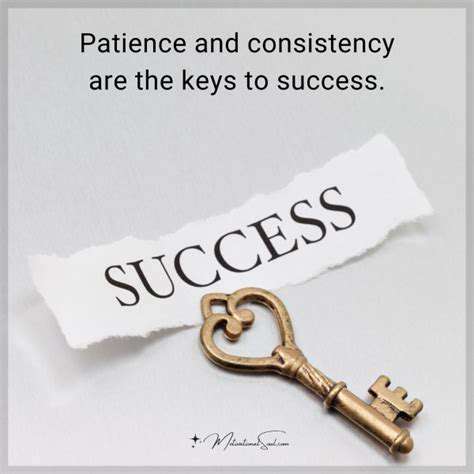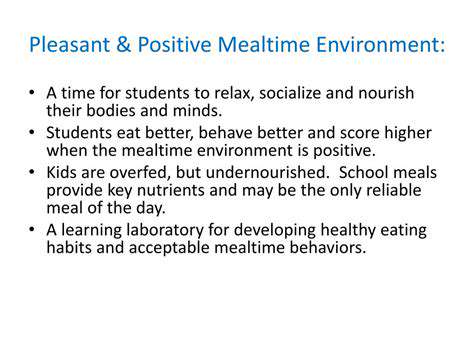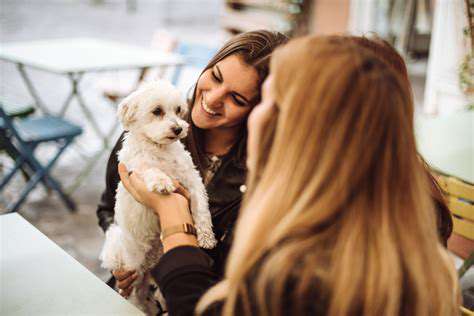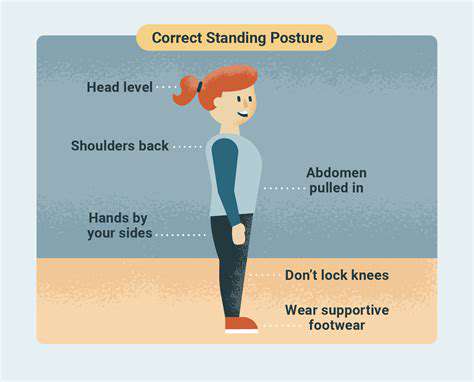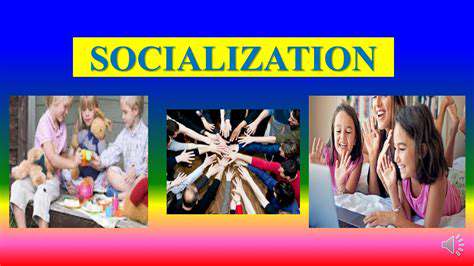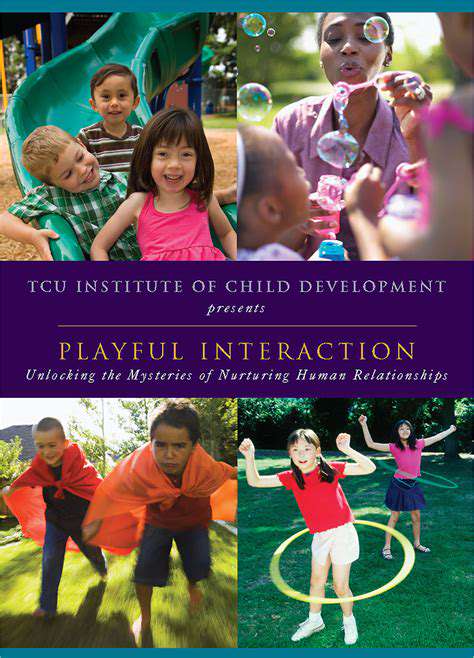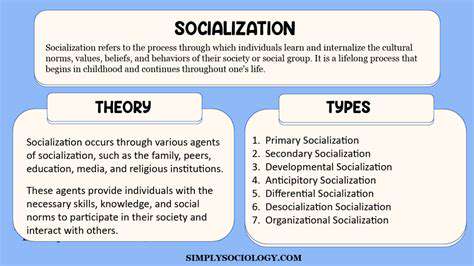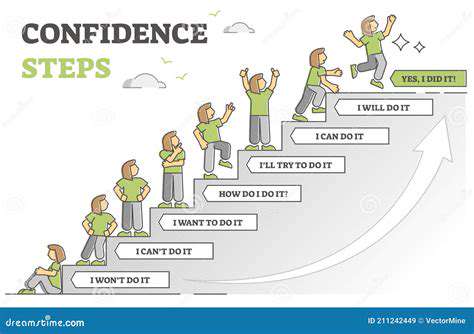Building a Strong Bond: The Role of Socialization in the Human Animal Relationship
Beyond the Puppy Phase: Socialization Throughout Life
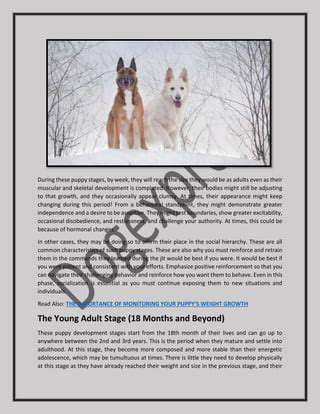
Early Socialization: Crucial for a Well-Adjusted Dog
Puppyhood is a critical period for developing social skills, but socialization doesn't end there. Beyond the initial stages, continued exposure to various environments, people, and other animals is vital for shaping a well-adjusted and confident adult dog. This ongoing process allows dogs to learn appropriate behaviors and navigate the complexities of the world around them, reducing the likelihood of behavioral issues later on.
Consistent exposure to different sights, sounds, and experiences helps them develop resilience and adaptability. This is especially true when it comes to meeting new people, whether children or adults, as well as other dogs. Early socialization equips them with the tools to handle various situations with composure and grace.
Understanding Different Socialization Environments
Socialization isn't just about bringing your dog to the park. It encompasses a variety of settings, including quiet neighborhoods, busy streets, and even the local pet store. Experiencing these diverse environments helps your dog understand and respond appropriately to different social cues and situations. Each environment presents unique challenges and opportunities for learning.
Expose your dog to controlled, positive interactions with other dogs, ensuring they are supervised and comfortable. This helps them learn appropriate canine communication and etiquette, preventing misunderstandings and potential conflicts down the line.
The Role of Positive Reinforcement
Positive reinforcement techniques are essential during every stage of socialization. Rewarding desired behaviors reinforces good interactions and builds a positive association with new experiences. Avoid harsh corrections or punishment, as this can create fear and anxiety, potentially hindering their progress.
Consistency in reward methods is key. This allows your dog to understand what is expected and encourages them to continue exhibiting the desired behaviors. Praise and treats are powerful tools for shaping positive responses.
Addressing Potential Fears and Anxieties
Dogs, like humans, can experience fear and anxiety in new situations. Understanding your dog's body language and recognizing signs of discomfort or stress are crucial. Gradual exposure to triggers, coupled with positive reinforcement, can help them overcome their fears. It's important to avoid overwhelming them with too many new experiences at once.
Patience and understanding are vital. Allowing your dog to approach new situations at their own pace helps them develop confidence and resilience. If a situation becomes too stressful, remove them from the environment and try again later.
Importance of Controlled Interactions
While unsupervised interactions can sometimes be beneficial, controlled encounters are often more effective for socialization. Structured environments, like dog parks with clear boundaries, provide a safe space for dogs to interact with appropriate supervision.
This controlled environment allows you to intervene if needed, ensuring positive interactions and preventing potential conflicts. It also enables you to observe your dog's behavior and address any anxieties or concerns promptly.
Maintaining Socialization Throughout Life
Socialization isn't a one-time event. It's an ongoing process that should continue throughout your dog's life. Introducing new experiences, people, and dogs regularly helps maintain their social skills and prevents the development of undesirable behaviors.
Taking your dog to new places, attending dog-friendly events, and participating in dog sports are all valuable opportunities for ongoing socialization. This helps them stay adaptable and well-adjusted throughout their life.
The Impact of Early Socialization on Behavior
Proper socialization significantly impacts a dog's overall behavior and temperament. Well-socialized dogs are typically more confident, less anxious, and better equipped to handle the challenges of daily life. This positive impact extends to their interactions with other animals and humans.
A dog that has been properly socialized is less likely to develop aggression, fear-based behaviors, or other issues that can arise from a lack of exposure and interaction. They are more likely to be happy, healthy, and well-adjusted companions.
Now, about those expenses - they can be sneaky! From fixed costs like rent to variable spending on entertainment, tracking where your money disappears each month reveals surprising opportunities to save. Pro tip: try categorizing expenses for a month - you'll likely find at least one area where small adjustments make a big difference.
Read more about Building a Strong Bond: The Role of Socialization in the Human Animal Relationship
Hot Recommendations
- The Impact of Early Socialization on a Dog's Interaction with Other Animals
- Car Travel and Puppy Socialization: Making the Journey a Positive Experience
- The Importance of Early Environmental Exposure for Puppy Development
- Taking Your Puppy to the Vet: Positive Socialization Strategies
- Making Training a Positive Experience for Your Puppy
- Public Transportation and Puppy Socialization: A Step by Step Guide
- Safe Socialization: Allowing Others to Pet Your Puppy
- Helping a Puppy Who Struggles with "Stay"
- Positive Puppy Interactions: Making Meetings with New Friends Fun
- No Treats Needed? Training Basic Commands with Verbal Praise
